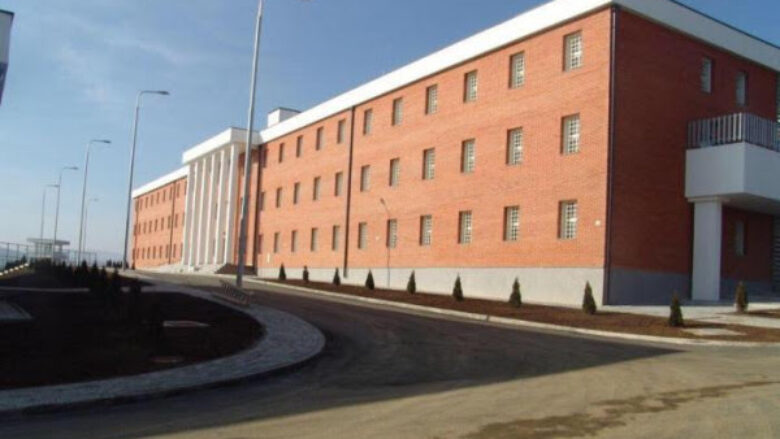Over a year after Kosovo ratified a controversial agreement with Denmark to host 300 Danish inmates in the Gjilan Correctional Center, serious questions persist over its implementation and the fate of 200 local pretrial detainees currently housed there.
The agreement, signed in 2022 and ratified by Kosovo’s Assembly in May 2024, has drawn mounting criticism from human rights groups and corrections monitors who say the process has lacked transparency. According to Amnesty International’s latest human rights report, limited public consultation and overcrowded facilities were among the concerns noted regarding the deal.
“We still don’t know where the 200 pretrial detainees currently in Gjilan will be moved,” said Fatmire Haliti, a legal expert with the Kosovo Rehabilitation Center for Torture Victims. “There are available spaces in other facilities, but they are not appropriate under current standards and classifications.”
Haliti emphasized that correctional centers with available capacity — such as those for juveniles, women, and high-security inmates — cannot legally accommodate the pretrial detainees.
Despite the deal promising €15 million annually, and an initial €5 million already due for renovating the Gjilan facility, no clear public information exists on how far the implementation has progressed. “We have seen some reciprocal visits between Kosovo and Denmark, but nothing practical has materialized,” Haliti added.
Critics Slam Secrecy and Potential Social Harm
Behgjet Shala, head of the Council for the Defense of Human Rights and Freedoms, condemned the agreement, calling it “non-serious and even dangerous.” He questioned why Denmark, a wealthy and well-equipped country, would need to outsource its prison population.
“If these were rehabilitated or low-risk inmates, Denmark wouldn’t be exporting them. Their profile hasn’t even been disclosed to the public,” Shala stated for KosovaPress.
He also warned that relocating local detainees far from Gjilan could harm family ties and violate prisoners’ social rights. “Some families may now need to travel over 100 kilometers to visit their loved ones, which can severely disrupt regular contact and support,” he explained.
While the Correctional Service of Kosovo has not yet issued a public response, legal experts and civil society are urging the Ministry of Justice to engage transparently and clarify next steps, particularly regarding the housing and treatment of both foreign and domestic inmates.







